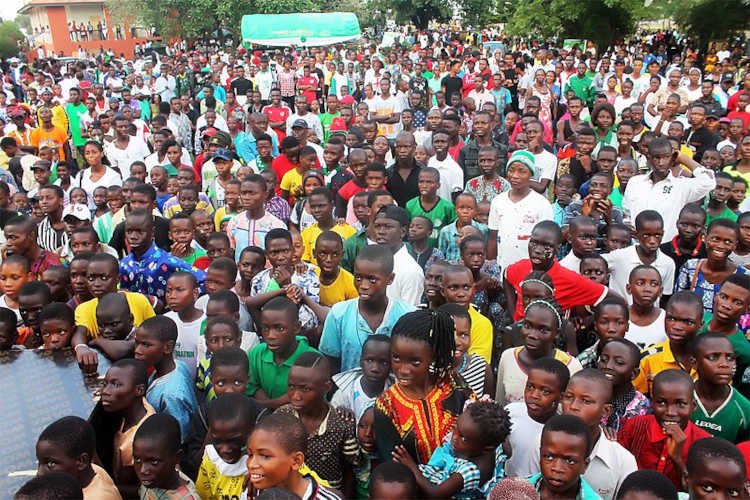Children’s Day, commemorated annually on 27 May in Nigeria, serves as a saddening reminder of the ongoing challenges faced by the nation’s youngest citizens.
Development Diaries reports that despite numerous efforts to improve their welfare, Nigerian children continue to encounter significant obstacles that impede their development and well-being.
One of the key challenges faced by children in the country is in the area of education, with millions of children recorded to be lacking access to quality schooling. Factors contributing to this include inadequate infrastructure, teacher shortages, and economic barriers.
High levels of poverty have forced many children to drop out of school to support their families through child labour, even though the Child Rights Act 2003 prohibits child labour in the country.
Child labour remains a pressing issue, driven by economic necessity and cultural factors. Many children work in hazardous conditions in agriculture, mining, and street hawking.
Aside from education, health care challenges are also prevalent, with children facing high rates of malnutrition, preventable diseases, and inadequate medical care.
A considerable number of children suffer from malnutrition due to food insecurity, impacting their physical and cognitive development.
According to data from the United Nations Children’s Fund (UNICEF), an estimated two million children in Nigeria suffer from severe acute malnutrition (SAM), but only two out of every ten children affected are currently reached with treatment.
Children in Nigeria are also faced with the burden of preventable diseases such as malaria, pneumonia, and diarrhea, which remain leading causes of child mortality.
Also, insecurity in various parts of the country poses a severe threat to children. Armed conflicts, particularly in the northeast, and banditry have caused a lot of children to be displaced, depriving them of a stable home and education.
The situation is more complex for the girl child as girls face additional challenges, including early marriage, gender-based violence, and lower educational opportunities.
While Nigeria has laws and policies intended to protect children’s rights, implementation remains weak. Laws such as the Child Rights Act are not uniformly enforced across all states.
Development Diaries calls on the Ministry of Women Affairs and Social Development at the national and subnational levels to renew their commitments towards improving children’s safety and well-being.
We also call on state governments to ensure the enforcement of laws related to children’s rights.
Photo source: Own Work





